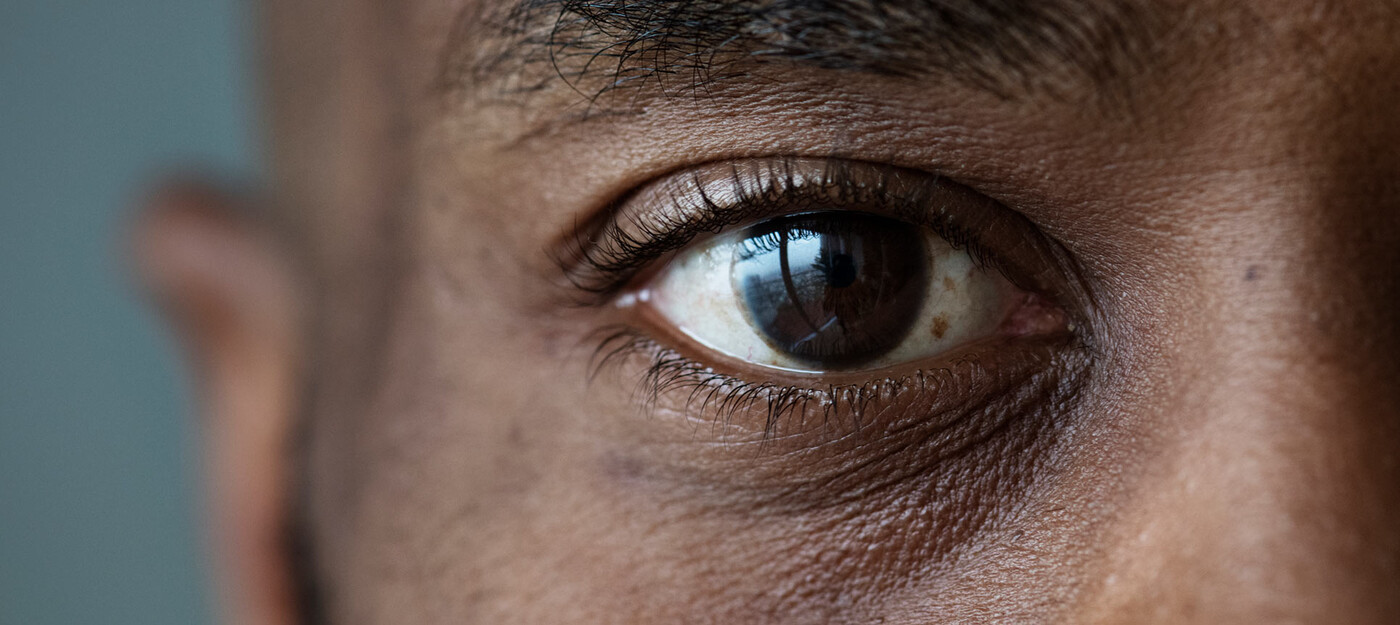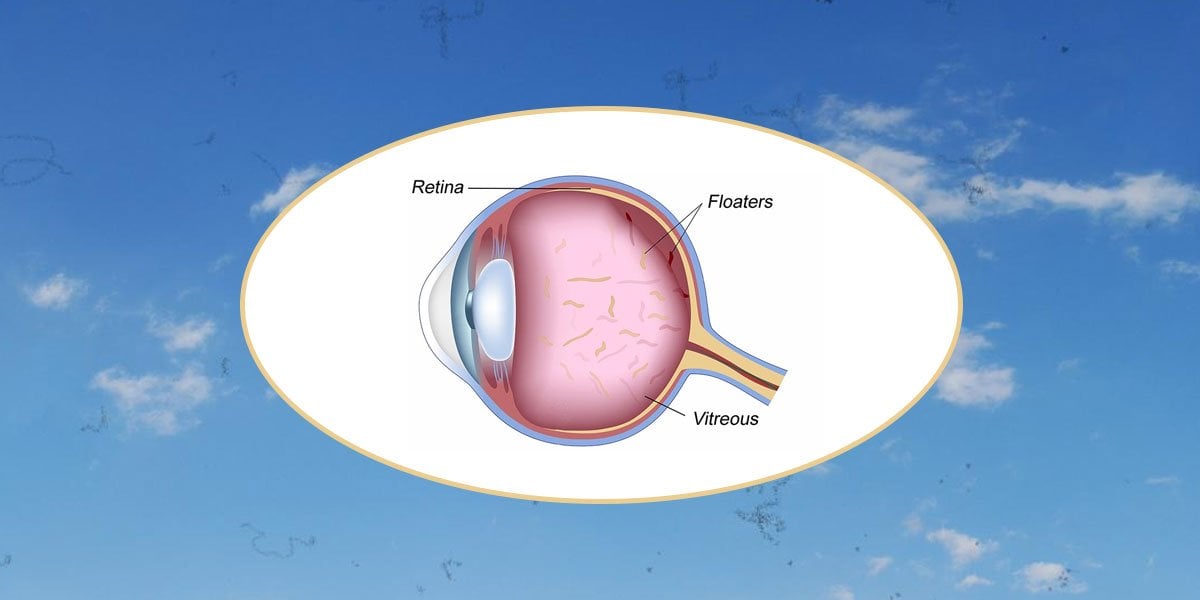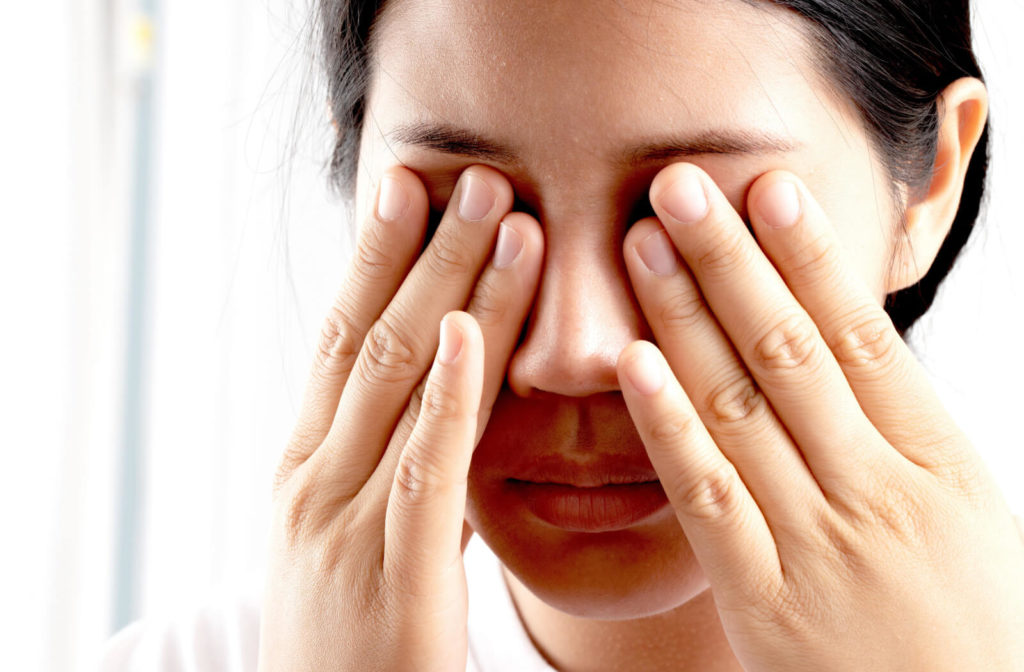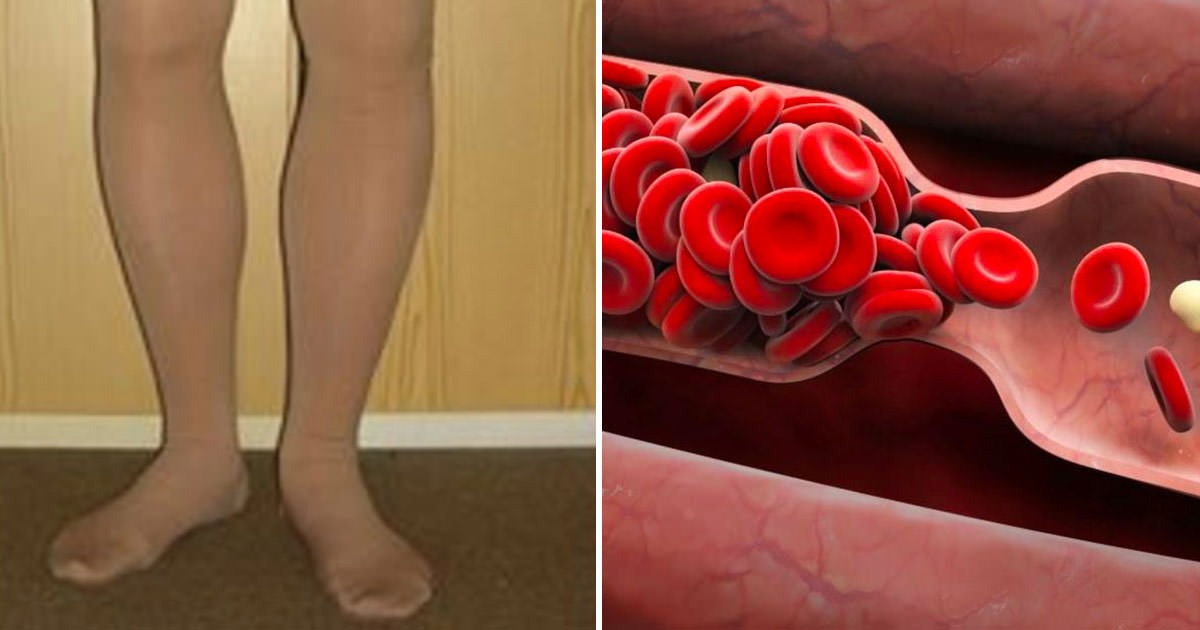SK. What Are Eye Floaters? Here’s What to Do If You Start Seeing Them, According to an Eye Doctor
Understanding Eye Floaters
Eye floaters are a common, yet often misunderstood, visual phenomenon. They are typically harmless but can be alarming when they first appear. These small, moving shapes—often described as spots, squiggly lines, or cobweb-like figures—seem to drift across your field of vision, especially when looking at bright backgrounds like a clear sky or a white wall. They may move as your eyes move, and when you try to focus on them, they may seem to dart away. Most people experience eye floaters at some point in their lives, but they often disappear or become less noticeable over time.
What Causes Eye Floaters?

Floaters are primarily caused by age-related changes in the vitreous, the gel-like substance inside the eye. As we age, the vitreous becomes more liquid, and the microscopic fibers within it can clump together. These clumps cast shadows on the retina, and these shadows are what we perceive as floaters.
However, floaters can sometimes be linked to more serious conditions, such as:
-
Eye infections
-
Uveitis (inflammation within the eye)
-
Retinal tears or detachment
These conditions are less common but may require immediate medical attention.
Who Is Most at Risk?

While eye floaters are a common occurrence, certain individuals are more likely to experience them. If you belong to any of the following groups, you may be at a higher risk of developing floaters:
-
Nearsighted individuals (those with myopia)
-
People who have had cataract surgery
-
Those with diabetes (which can lead to diabetic retinopathy)
-
Older adults (age is a significant factor in the development of floaters)
Symptoms to Watch For

Although floaters are generally harmless, certain symptoms could indicate a more serious issue. If you experience any of the following signs, it’s essential to seek medical attention right away:
-
A sudden increase in floaters
-
Flashes of light (especially when they occur alongside the floaters)
-
A dark curtain or shadow moving across your peripheral vision
These symptoms could be indicative of a retinal tear or retinal detachment, both of which are medical emergencies that require prompt intervention to prevent permanent vision loss.
How Are Floaters Diagnosed?

To diagnose floaters, eye doctors typically perform a dilated eye exam. During this exam, your eyes are treated with eye drops to enlarge the pupils, allowing the doctor to get a better view of the vitreous and retina. This exam helps the specialist identify any underlying issues, such as retinal tears or other abnormalities in the eye. It’s an essential part of managing eye floaters and ensuring your eye health is monitored closely.
When Are Floaters a Medical Emergency?
While most floaters are benign and don’t require treatment, certain situations necessitate immediate medical attention. If you experience any of the following, you should seek help from an eye care professional without delay:
-
A sudden increase in floaters (especially if it occurs rapidly)
-
Flashes of light that occur alongside the floaters
-
A shadow or curtain effect that moves across your peripheral vision
These symptoms could indicate a retinal tear or retinal detachment, which can lead to vision loss if not treated promptly. Both of these conditions are serious and require immediate intervention to prevent further damage.
Treatment Options for Floaters
In most cases, floaters don’t require treatment as they tend to become less noticeable over time. However, if the floaters are severe or significantly impair your vision, there are a few treatment options available:
-
Vitrectomy: This is a surgical procedure in which the vitreous gel is removed from the eye and replaced with a saline solution. This procedure is typically reserved for cases with significant floaters that interfere with vision.
-
Laser Therapy: In this treatment, lasers are used to break up the floaters, making them less noticeable. However, this treatment is not without risks, including the possibility of retinal damage, and is usually considered only for severe cases.
Both of these treatments come with potential risks, so they are generally only recommended in extreme cases where floaters significantly impair vision or quality of life.
Lifestyle Tips for Managing Floaters
If your floaters are mild and not causing significant issues, there are some lifestyle changes and tips that may help you manage them:
-
Eye Exercises: Moving your eyes up and down or from side to side may help shift the floaters out of your line of sight temporarily. Although this won’t eliminate the floaters, it can provide temporary relief.
-
Healthy Diet and Supplements: A diet rich in omega-3 fatty acids, vitamin A, and zinc supports overall eye health and may help manage the occurrence of floaters.
-
Avoid Smoking: Smoking has been linked to various eye health problems and can worsen issues with floaters and other vision-related conditions.
-
Protect Your Eyes: Always wear sunglasses when outdoors to protect your eyes from harmful UV rays, which can exacerbate eye health problems over time.
Preventative Measures and Long-Term Outlook
While floaters are often a natural part of aging and can’t always be prevented, maintaining regular eye check-ups is crucial. Regular visits to your eye doctor can help detect any issues early, ensuring that floaters or other conditions don’t lead to more severe eye problems.
Dr. Rick Ansorge, a leading optometrist, advises, “If you notice any sudden changes in your vision, whether it’s a new increase in floaters or flashes of light, it’s important to seek medical advice immediately.” Early detection can help prevent long-term damage and preserve your vision.
For most individuals, floaters are a benign annoyance and don’t pose a major health risk. However, staying informed and being proactive in seeking medical advice when necessary can help protect your eye health in the long run.
Conclusion
Understanding eye floaters, their causes, and the symptoms to watch out for can help you manage this common condition. While floaters are often harmless and a normal part of aging, they can sometimes indicate more serious eye conditions, such as retinal tears or detachment. Being aware of these symptoms and seeking timely medical advice can ensure that your vision remains healthy. Regular eye exams and taking steps to protect your eye health, such as maintaining a healthy diet and avoiding smoking, are essential in managing and preventing eye problems.
If you experience sudden changes in your vision or if floaters become more prominent, don’t hesitate to consult an eye care professional. Your eyes are crucial to your overall health, and staying proactive can ensure that you enjoy clear vision for years to come.
Sources:













